A few months ago we shared “How Hunting Benefits Everyone” that highlighted landowners, the economy and conservation. This month, let’s take it a step further and delve into how hunting connects family and communities.
Sponsored by Stag Arms
For many years, I taught Ohio’s Hunter Education course, along with an amazing cadre. The students that attended ranged in age from youth to adults. The younger students often sat alongside their dads, moms or even grandpas, usually the same persons who helped them read and study the books before the class. Oftentimes, these people are the mentors who would eventually take them on their first hunts.
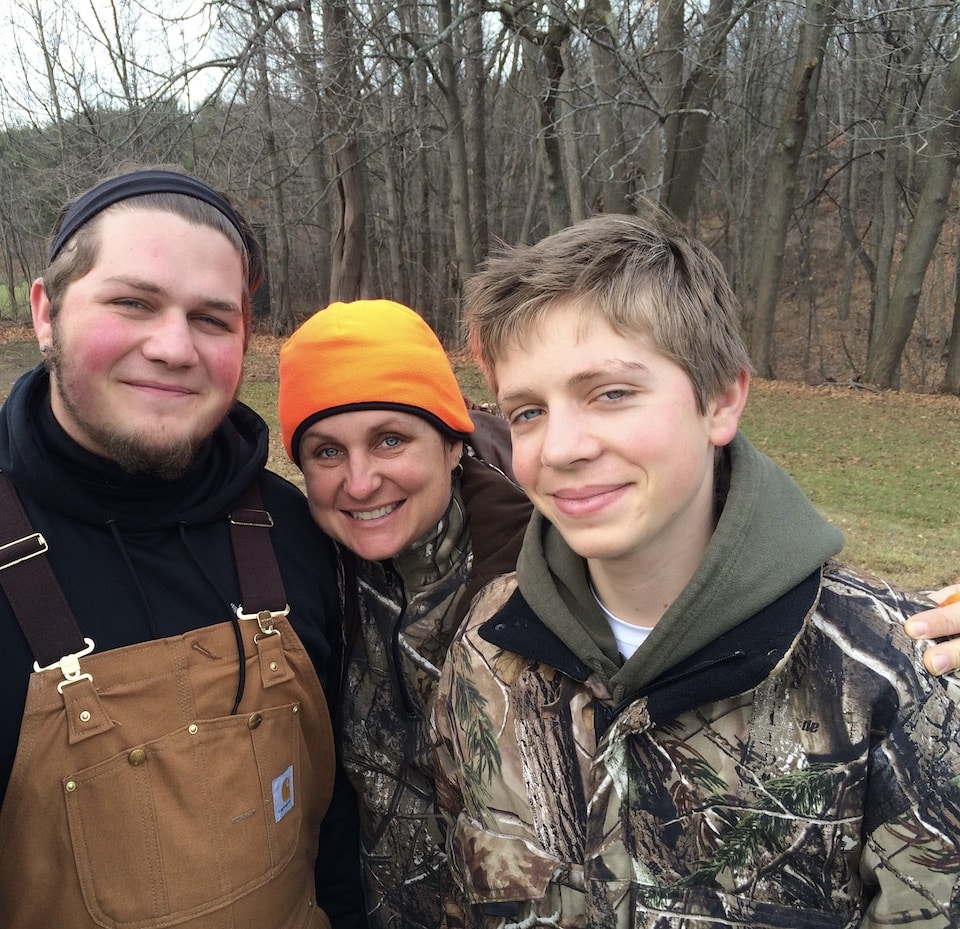
Youth Hunts are open to persons 17 years and younger in Ohio when accompanied by an adult non-hunter. (Other states may have different age restrictions.) Both persons must have a hunting license and proper tags. Only the youth may possess the device to take the animal. This is a wonderful opportunity for youth to not have to compete against other hunters, while having the adult mentor’s full attention. It’s also an ideal one-on-one time for family members to spend time together.
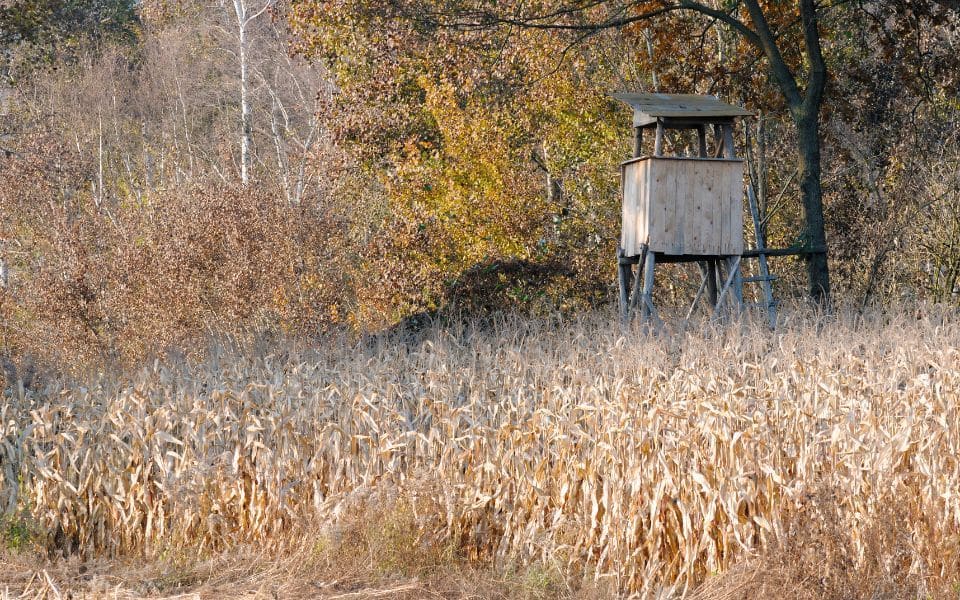
As younger generations get more involved in hunting, they become part of a larger community. Bonds begin to build within families, across generations and into extended social networks.
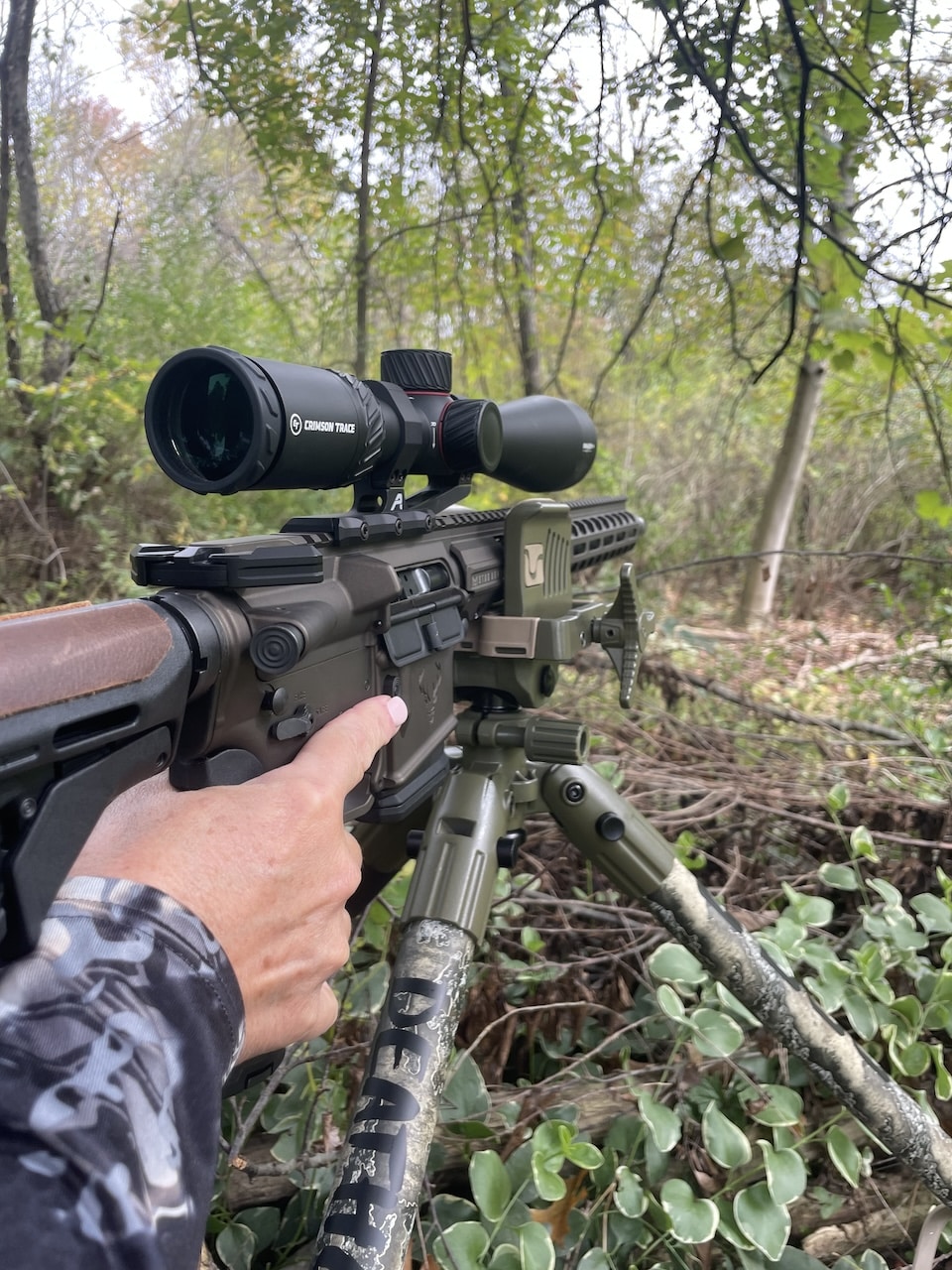
Hunting is an inexpensive source of organic food. Many states have venison (and other wild game) donation programs. Hunters connect with these groups who work with local butchers and donate their lean, range-free wild game to various food pantries. The community benefits from the meat, and the hunter may also be able to deduct his donation from taxes.
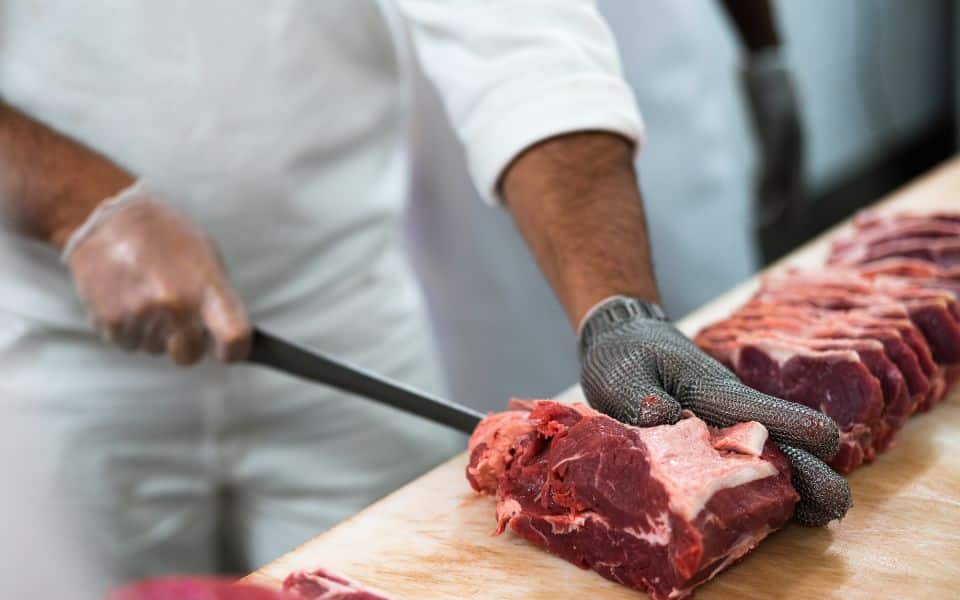
Three Venison Donation Programs
The following are three well-run venison donation programs available to hunters in the U.S.
1 Farmers & Hunters Feeding the Hungry
Using resources of butchers and charities across the U.S., Farmers & Hunters Feeding the Hungry (FHFH) has served more than 22.5 million servings of meat since its founding in 1997. Note: One deer provides 160 meals.
2 Sportsmen Against Hunger, Safari Club International Foundation
“Since the program’s inception in 1989, Sportsman Against Hunger has organized community and statewide systems designed to help hunters share a portion of their wild game harvest with hungry people. This generosity provides millions of low-fat, low-cholesterol, preservative-free, high-protein meals annually at soup kitchens across the United States. Hunters, meat processors, food banks and soup kitchens are cooperating in most U.S. states, parts of Canada, and several other countries worldwide.”
3 Hunters for the Hungry (VA)
Located in the Commonwealth of Virginia, Hunters for the Hungry provides donated venison to people in need. Since the program began in 1991, they have provided over 7.7 million pounds, and over 30.9 million quarter-pound servings of lean meat.
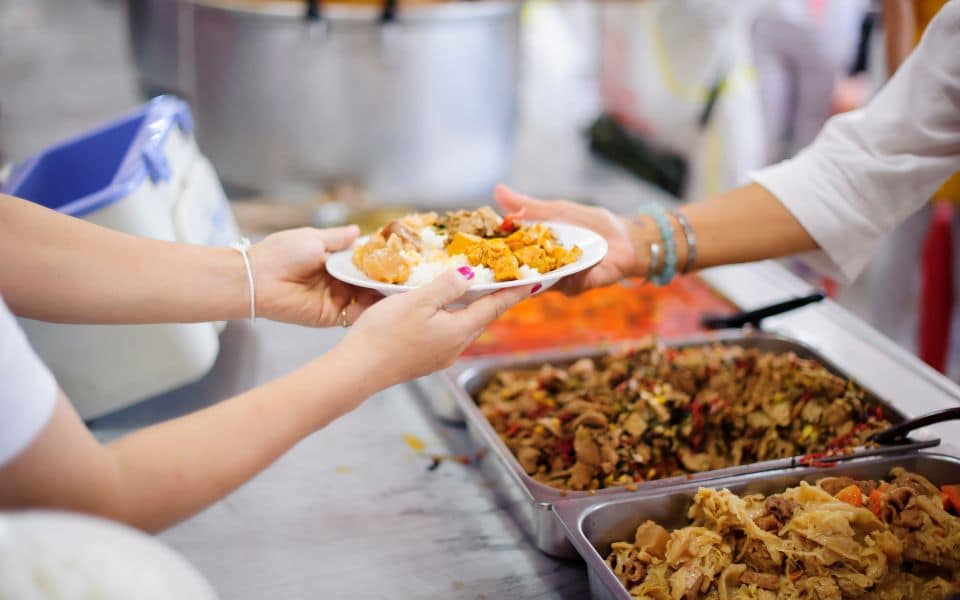
Check your state’s Department of Natural Resources and/or wildlife agency to find a venison donation program near you.
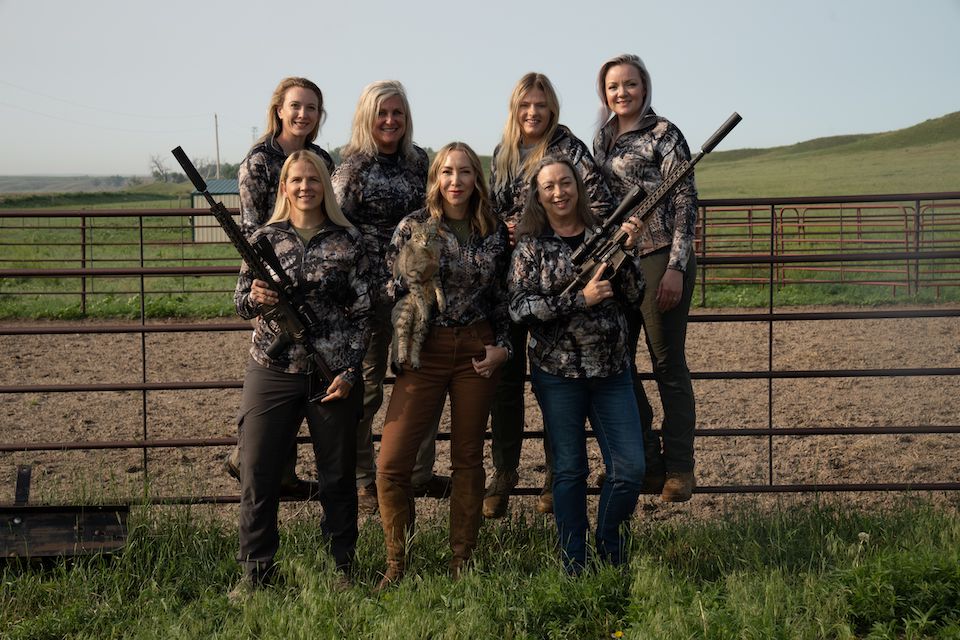
Here are some suggestions for growing your own hunting community:
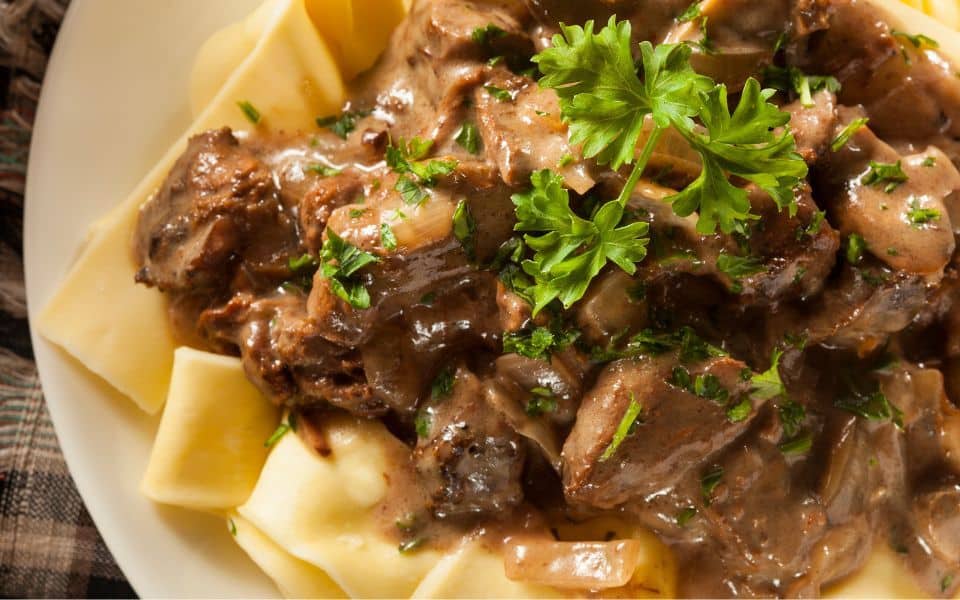
It’s also important to remember to set aside time for yourself. The hunting experience allows a hunter to connect with nature, clear the mind and interact with the natural world. There is no rush and no schedule. New hunters learn the skill of patience while sitting silently in a tree stand, blind or even on the ground – which is the perfect time to reflect, dream and just breathe. Hunting is almost like going to therapy for free. So set your device down, settle into your hunting spot and relax.
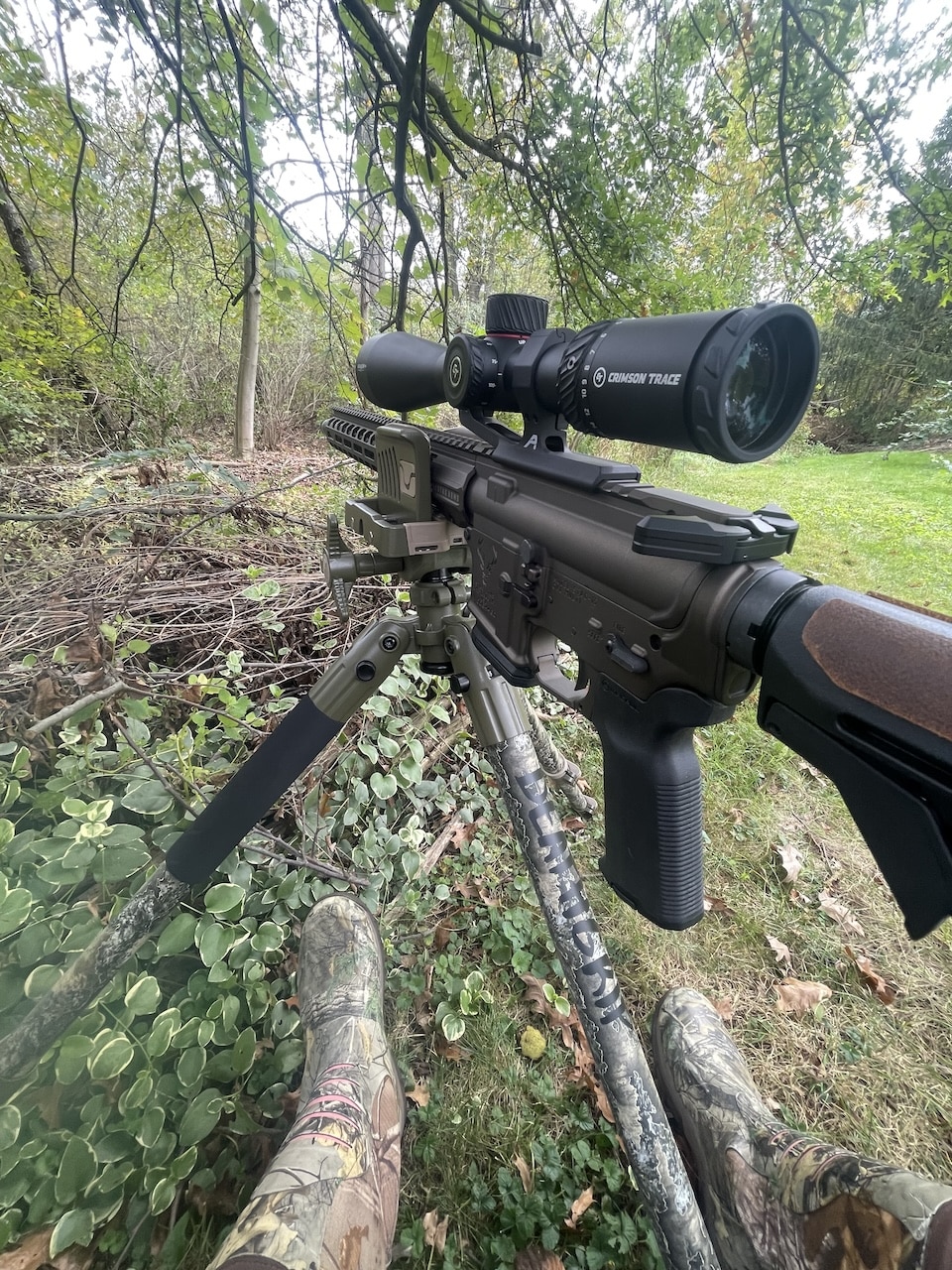
Visit Stag Arms to find your new favorite hunting rifle.
Michelle Cerino, aka Princess Gunslinger, first entered the firearms industry in 2011 as co-owner, president and trainer at a national training company. She immediately began competing in both 3-Gun and NRA Action Pistol, becoming a sponsored shooter. Michelle is currently a columnist and Managing Editor of Women’s Outdoor News, as well as owner of Pervenio LLC. She also manages social media for Vera Koo and FASTER Saves Lives. Michelle encourages others to step out of the comforts of home and explore. View all posts by Michelle Cerino